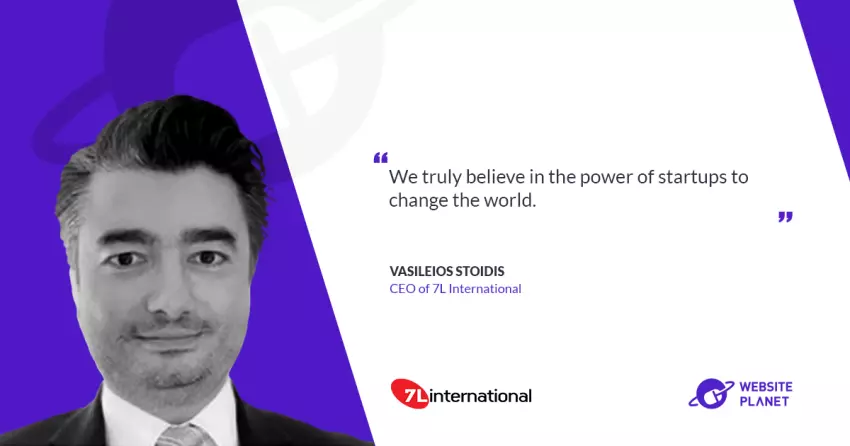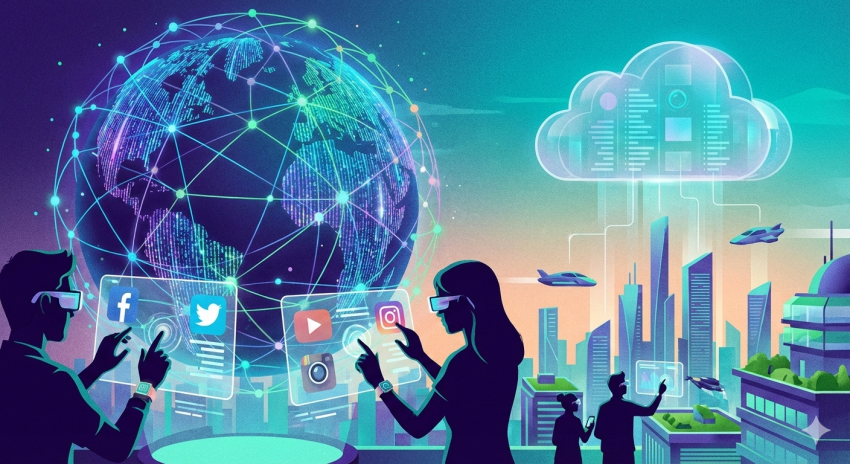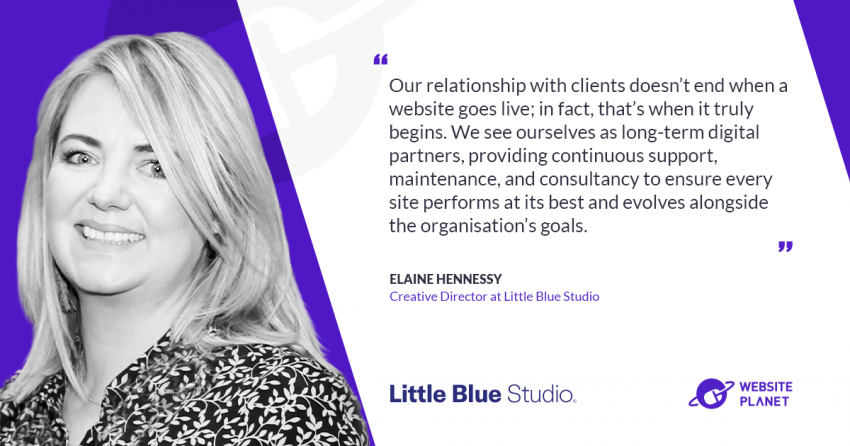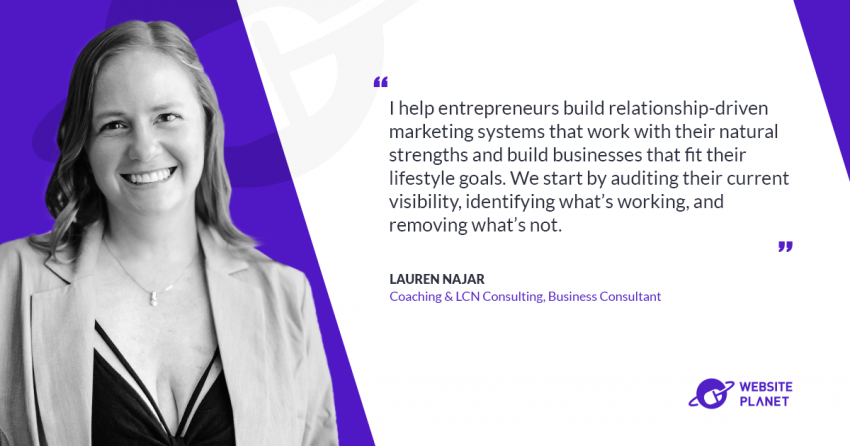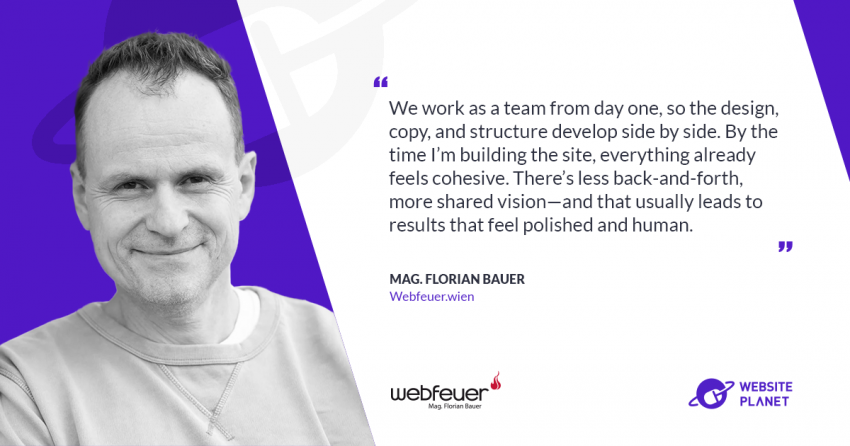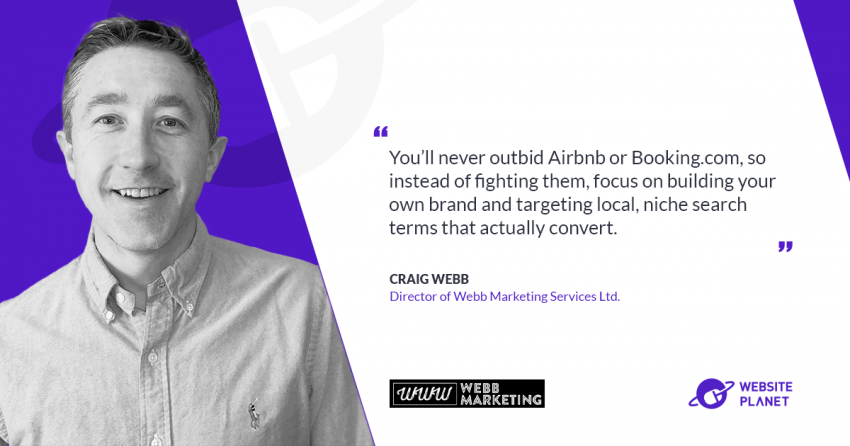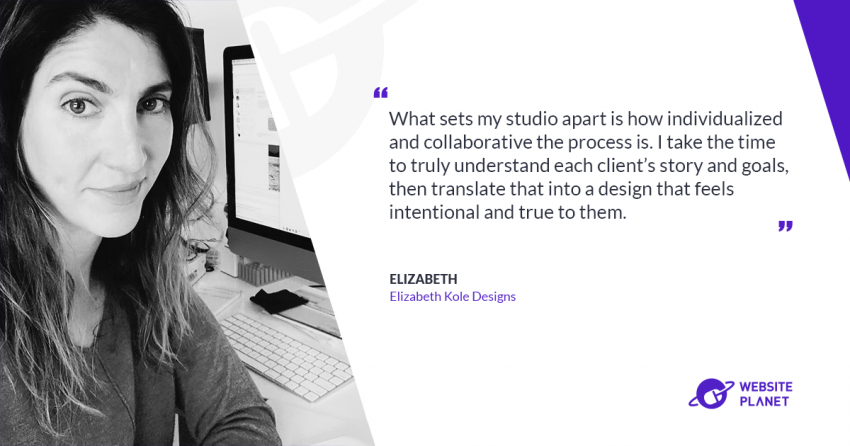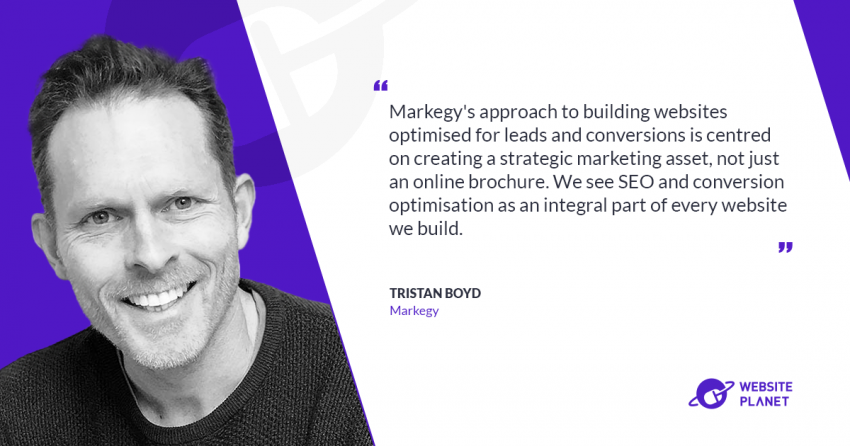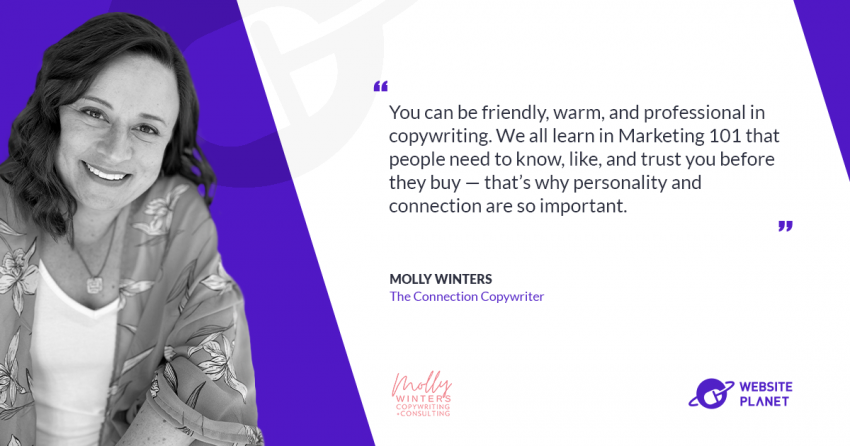Vasileios Stoidis, CEO of 7L International, sits down with Website Planet and shares how his company evolved from a software development firm into a full-scale digital partner helping startups and enterprises grow. In this interview, he discusses the philosophy behind 7L’s name, their practical approach to MVPs, and how AR, AI, and consulting services fit into their end-to-end strategy.
Can you share a few details about 7L International as a company and its founding story?
7L International was founded about 18 years ago, back in 2007. Initially, we were focused solely on software development services. The name “7L” actually comes from the OSI model—the Open Systems Interconnection framework—which is a foundational technical standard in computing and telecommunications. It outlines seven distinct layers that describe how systems communicate and interact with each other.
That model inspired the name “7 Layers,” and eventually “7L.” What really resonated with me was the idea that if you build something the right way—with solid structure and clear standards—it not only works efficiently but also stands the test of time, which is one of our primary goals when working with clients. Despite how much technology has evolved over the last few decades, the OSI model is still relevant today. That’s the kind of longevity and structure we wanted to bring into our work from the very beginning.
We started with software development, but over time we expanded into other areas. We added design services, marketing, and we integrated MassiveGRID’s cloud hosting to offer a more comprehensive solution. The goal was to make it possible for clients—whether startups or enterprise-level businesses—to get everything they needed from one place. We wanted to simplify the process and provide end-to-end support, all under one roof.
Now, we’re in what I’d call the next phase of 7L. While we still offer software, design, and marketing services, our main focus has shifted toward our clients’ overall business success. For example, when we work with startups, we take a holistic approach. That includes not only building and marketing the product but also offering mentorship, strategic advisory, and business guidance. Essentially we get our clients from idea to profitability.
It’s not just about delivering individual services anymore—it’s about helping our clients grow, succeed, and sustain that success long-term. That’s where we see the real impact, and that’s what drives us forward as a company.
What is MVP Development, and what can you tell me about that part of your work?
MVP development is probably the most critical part of building a successful startup. MVP stands for “Minimum Viable Product,” and while it’s a well-known term, it’s often misunderstood in practice.
The biggest challenge we see is that many startups lose sight of the “minimum” part in a viable product. They get excited and start overengineering—adding too many features, trying to solve too many problems at once. And when that happens, they drift away from the core purpose: solving one specific and important problem in the most efficient, viable way possible.
The whole point of an MVP is to build just enough of the product to prove the concept, start generating revenue, and get real user feedback—without burning through your entire budget or exhausting your team.
That’s where our role comes in. Through our holistic approach, we help startups identify the exact features that need to go into their MVP—not more, not less. We guide them through the strategy, design, and development to make sure what we’re building is lean, functional, and market-ready.
A well-executed MVP should keep costs low, simplify market entry, and start driving revenue early on. That way, instead of endlessly developing and running out of money, you’re building something with real potential from day one. Unfortunately, we’ve seen too many startups collapse because they didn’t take that route. So for us, making sure the MVP is truly “minimal” and “viable” is non-negotiable. It’s where everything begins.
With Augmented & Virtual Reality becoming more and more popular, what’s your approach to it and what products/services do you offer in that niche?
Augmented Reality (AR) and Virtual Reality (VR) are powerful technologies that can really elevate how people experience products online—and for us, they’re not just buzzwords. We’ve actually built a product called AR Shopper, and it’s designed specifically to help e-commerce businesses bridge the gap between physical and digital.
The idea is simple: when someone’s shopping online—especially for physical products—they often hesitate because they can’t really tell what the item will look like in their own space. Is it the right size? Will the color match their room? How does it feel visually? These kinds of questions create friction and can hold people back from making a purchase.
AR Shopper solves that. It integrates seamlessly into any website and allows visitors to visualize products in their environment using just their phone. It’s like placing the actual product in their room—true to scale, in real-time, with the ability to adjust angles, check colors, and get a feel for how it fits. All of that happens instantly, without the costs or logistics of actually shipping the item just for a preview.
This kind of experience builds instant trust and confidence. It removes uncertainty, answers key questions right away, and makes the decision to buy a lot easier. When that happens, conversion rates go up—sometimes dramatically.
So our approach to AR and VR is very practical. We focus on real-world applications that solve actual problems and drive results, like increasing sales or reducing returns. It’s about using the tech not because it’s trendy, but because it makes the experience better—for both the customer and the business.
What other services do you offer?
In addition to what we’ve already discussed, we offer a full range of design, custom software development, and business consulting services. Each of these is tailored to help businesses not just build tech—but actually succeed with it.
AI strategy is an area we’re seeing more and more demand. A lot of companies are asking, “How can we use AI in our business?”—and that’s exactly where we come in. Through our consulting services, we help businesses understand how they can leverage AI to boost efficiency, improve workflows, and stay competitive.
So whether it’s designing a product from scratch, building out custom software, or helping a team figure out how to integrate new technologies like AI into their operations—we’re there. The goal is always the same: to use technology as a tool that drives real, measurable success.
What sets you apart from your competitors?
What really sets us apart is our holistic approach. While many companies focus on simply delivering design, development, or marketing services, our main focus is on how these services translate into actual business success for our clients.
Over the years, we’ve worked with both startups and enterprise-level clients, and that experience has given us deep insight into what drives results—and what leads to failure. Based on that, we’ve developed a framework that doesn’t just deliver services, but de-risks the entire process for the client.
When we work with a startup, for example, our goal isn’t just to take them from idea to MVP—it’s to take them from idea to revenue. That’s a key difference. We’re not just here to build products; we’re here to build successful businesses.
Is there anything else about your work that you’d like to share that we haven’t covered?
As a final note, I’d just like to add that we truly believe in the power of startups to change the world. So many of the improvements we see in our everyday lives come from the creativity, passion, and innovation that startups bring. At 7L, we’re deeply committed to supporting that kind of progress and helping those bold ideas become reality.
To learn more about 7L International, you can visit 7linternational.com
